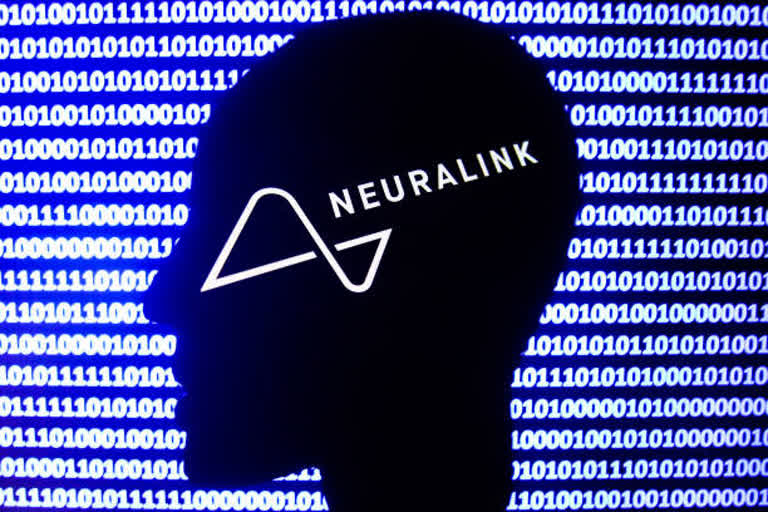San Francisco: Tech billionaire Elon Musk said his Neuralink company is seeking permission to test its brain implant in people soon. In a show and tell presentation livestreamed Wednesday night, Musk said his team is in the process of asking US regulators to allow them to test the device. He said he thinks the company should be able to put the implant in a human brain as part of a clinical trial in about six months, though that timeline is far from certain.
Musk's Neuralink is one of many groups working on linking brains to computers, efforts aimed at helping treat brain disorders, overcoming brain injuries and other applications. The field dates back to the 1960s, said Rajesh Rao, co-director of the Center for Neurotechnology at the University of Washington. But it really took off in the 90s. And more recently we've seen lots of advances, especially in the area of communication brain computer interfaces.
Rao, who watched Musk's presentation online, said he doesn't think Neuralink is ahead of the pack in terms of brain-computer interface achievements. But ... they are quite ahead in terms of the actual hardware in the devices, he said. The Neuralink device is about the size of a large coin and is designed to be implanted in the skull, with ultra-thin wires going directly into the brain.
Musk said the first two applications in people would be restoring vision and helping people with little or no ability to operate their muscles rapidly use digital devices. He said he also envisions that in someone with a broken neck, signals from the brain could be bridged to Neuralink devices in the spinal cord. We're confident there are no physical limitations to enabling full body functionality, said Musk, who recently took over Twitter and is the CEO of Tesla and SpaceX.
